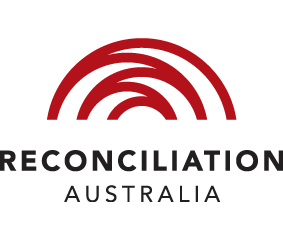Reconciliation at UniSA
Reconciliation at UniSA
Reconciliation Action Plan (RAP)
The Reconciliation Action Plan (RAP) program provides a framework for organisations to support the national reconciliation movement.
A RAP is a strategic document that supports an organisation’s business plan. It includes practical actions that will drive an organisation’s contribution to reconciliation both internally and in the communities in which it operates. Workplaces can develop one of four types of RAP—Reflect, Innovate, Stretch or Elevate.
All RAP programs contributes to advancing the five dimensions of reconciliation: Race relations, Equality and Equity, Unity, Institutional Integrity and Historical Acceptance; by supporting organisations to develop respectful relationships and create meaningful opportunities with Aboriginal individuals, communities, organisations, and business.
For more information visit Reconciliation Australia.
UniSA Reconciliation Action Plans
Stretch RAP: 2018 - 2021
The RAP sets out our commitments to change for 2018-2021. In identifying our deliverables, our RAP Working Group engaged and consulted across the University and with Aboriginal Elders, community members and organisations, reaffirming our commitment to action. The key themes arising from those discussions concern: Place and Language; Aboriginal Knowledges, Culture and Engagement; Aboriginal Education; Aboriginal Research; and Aboriginal Governance, Evaluation and Reporting.
Innovative RAP: 2014 - 2017
UniSA’s commitment to improving the education and life opportunities of Aboriginal and Torres Strait Islanders has been given expression in its founding Act, in the work of its antecedent institutions and in many of the university’s achievements summarised elsewhere in this RAP. In 1997, UniSA became the first Australian university to make a public commitment to the achievement of reconciliation between Aboriginal Australians and non-Aboriginal Australians.




